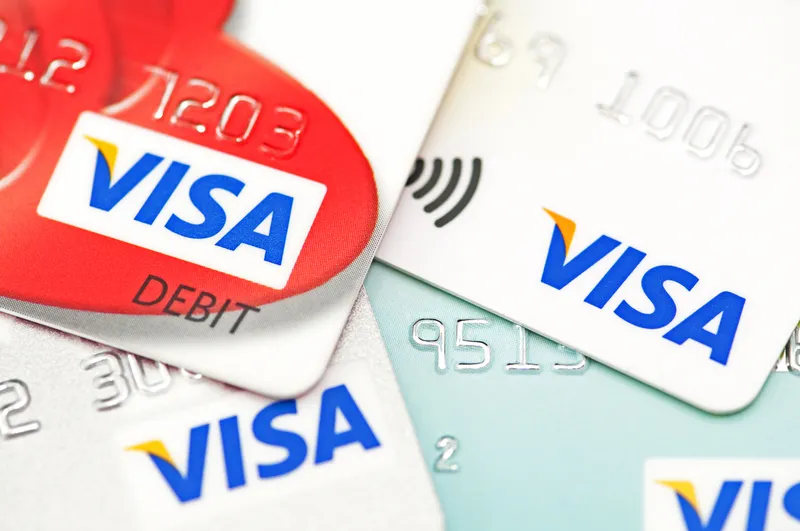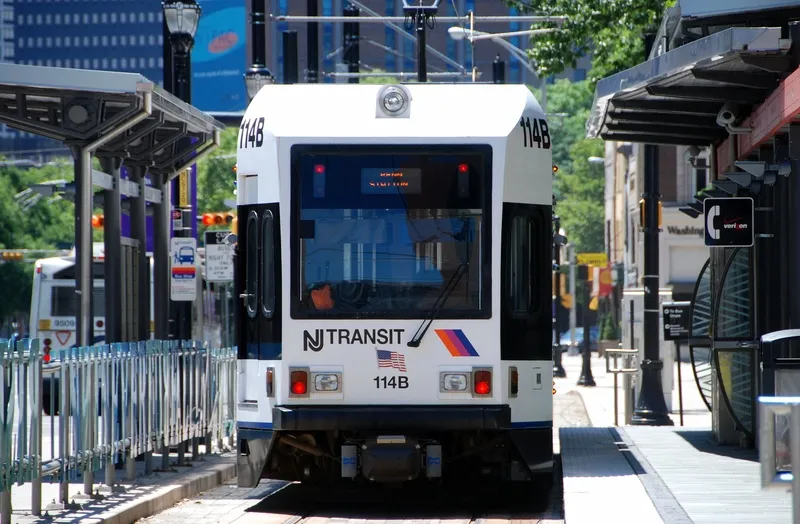
Card payment group Visa says that, for the first time, it has processed over one billion tap-to-ride transactions on global transit systems in a 10-month period.
Europe accounts for the largest share of those, including over four million a day on Transport for London’s system.
North America accounts for about one in five contactless taps on transit and every region is growing, Visa says, as more transit operators around the world go digital.
The company says contactless payment technology provably offers positive return on investment for transit agencies as well as giving customers convenience and flexibility.
Visa’s recent Future of Urban Mobility Survey found that 91% of riders expect public transit to offer contactless payments, and nearly a third cited this as a top feature that would entice them to get out of their cars.
According to the same study, most public transit riders (88%) say sustainability and the environment factor into how often they use public transit, with most employed commuters (62%) using public transit at least three days per week.
Visa launched tap-to-pay technology on transit in 2011, and the same tech underpins Visa Prepaid and Private Label cards, which can be used be people who don't have bank accounts, thus improving inclusivity.









